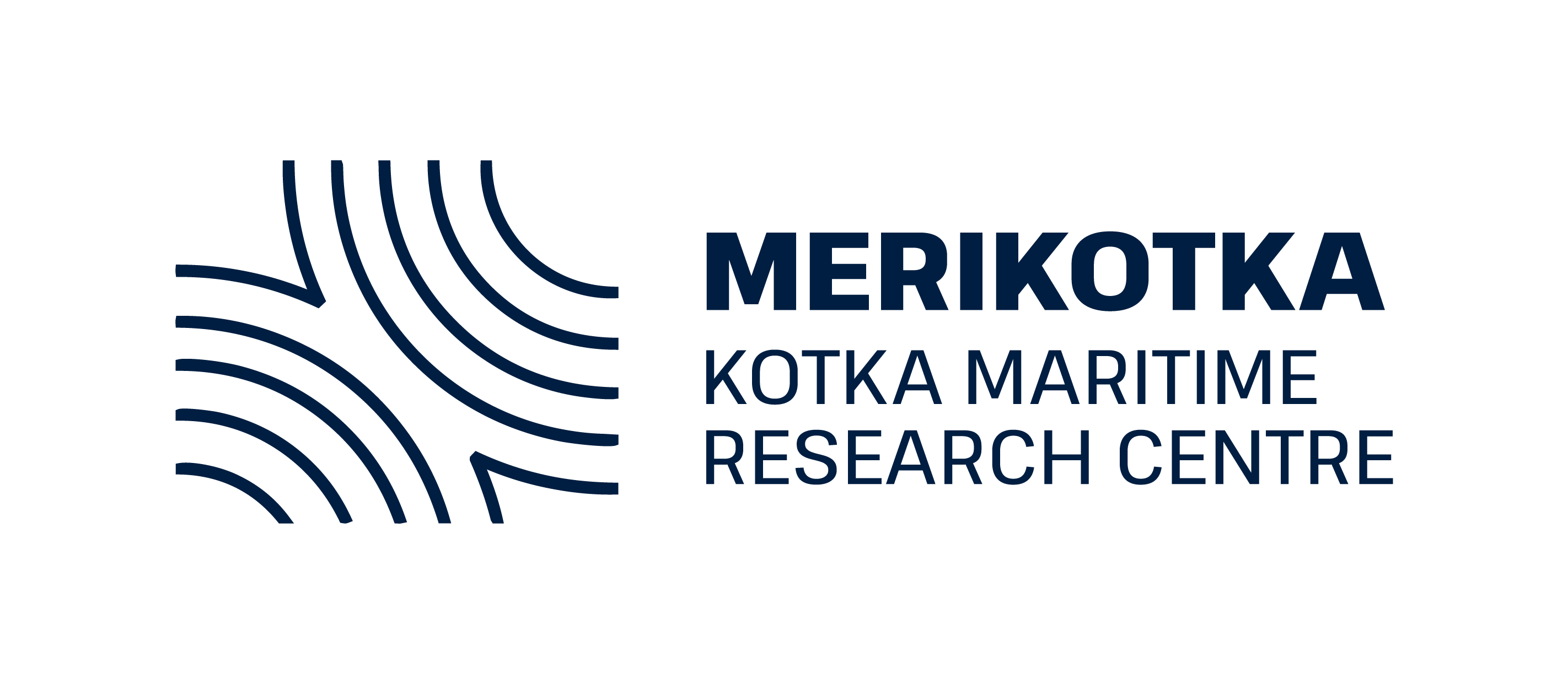For all seafarers, safety is a priority. Sufficient information of best practices is key when ensuring the safety of maritime navigation.
One of the CAFE (Competitive Advantage by safety) project’s aims is to remedy deficiencies in maritime safety know-how in the Baltic Sea region, and increase the availability of information relating to safety.
In the first phase of the CAFE project, we examined the occupational safety indicators in the maritime sector, designed safety indicators for Finnish conditions and analysed national and Nordic occupational safety statistics and developed corrective measures
Safety management
A second theme revolved around safety management. Based on available national material and expert knowledge, we constructed Bayesian network models representing the dependencies between various safety indicators, the components of maritime safety management, and the relationship between safety management and maritime safety. According to the model, the current state of safety management on the vessels operating in Finnish maritime regions leaves room for improvement, even if accidents and deficiencies are only rarely observed.
Responsibility in the maritime sector
The project also considered responsible business practices and their application in the maritime sector. Our research found that responsible action can generate direct financial benefits by attracting customers and competent workers, and leading to savings due to greater efficiency.
According to a survey conducted in the framework of the project, responsible practices are primarily motivated by safety-related benefits and concern for the state of the environment, with the increasing number of customers attracted by a good reputation seen as the main economic benefit. The survey also touched upon the theme of corporate social responsibility in the maritime sector, whose implementation on a daily basis relies on operative management and the capability to respond rapidly. According to the research, marketing efforts around the social responsibility angle were lacking because many factors were seen as taken for granted, despite the fact that a responsible corporate image and passengers’ ethical behaviour correlated with better financial outcomes for shipping companies. In short, responsible business practices constitute a competitive advantage.
Two significant international conferences were organised in Kotka during the project, and a “Safety First” incident report was produced.
Funding
The project was carried out in partnership with Kymenlaakso University of Applied Sciences, and funded by the European Regional Development Fund. The total budget was 1,482,494 €
Project partners
Kotka Maritime Research Association (coordinator)
Turku University Brahea Centre, Centre for Maritime Studies
Aalto University
Turku University of Applied Sciences
Kymenlaakso University of Applied Sciences


